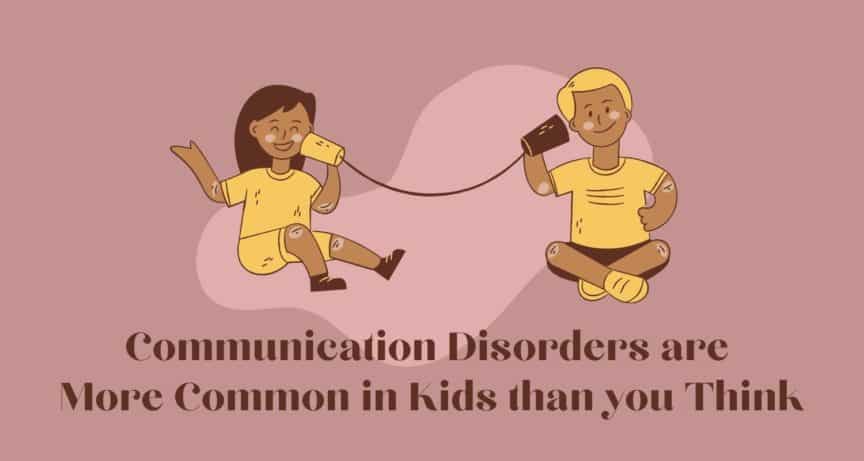All learning is built on the foundation of language. Eye contact, crying, vocalizing, and gesturing are the initial ways children learn to communicate. They pick up on the language of the people around them as they get older. Children then learn about their world through language, which they acquire by talking, playing, and reading; parents and teachers utilize a variety of languages to assist children in learning. As youngsters get older, they learn about language.
Language progresses in a predictable pattern. The brain is said to be “pre-wired” for language learning. Children learn by listening as infants. They learn to decipher the meaningful units as they hear strings of sounds employed by others. They progressively gain a better understanding of what others are saying. This is known as “receptive language” or “linguistic comprehension.” Children also improve their capacity to construct this language by making random noises and connecting them to form meaningful words. Around 12 months, children usually produce their first actual words. “Expressive language” is a term used to describe this.
It’s a good idea to keep in touch with the various milestones of language development if your child isn’t meeting their targets. Let’s take a look at some of the American Speech-Language-Hearing Association’s general communication ability markers.
Developmental milestones
Although not all children reach these milestones simultaneously, there are specific important dates to remember for your child’s communication abilities.
- Smiling and interacting with others might happen at any time during the first four months.
- Most children begin babbling random syllables and developing the muscles necessary for speech between 4 and 7.
- Most children develop a repertoire of communication sounds and gestures between 7 and 12.
Treatment of communication issues
An estimated 11% of children aged 3 to 6 have a communication issue, which rises to 15% by reaching school age. Suppose your child aged seven months to 2 years, does not appear to understand what other people say. In that case, they may have a physical or cognitive barrier to understanding.
How can you tell if your child may be having communication difficulties? If a youngster says only a few words between the ages of 12 and 18 months, more testing is required. An assessment to discover the cause of this incapacity may be helpful.
What if your child reaches these years without meeting the communicative milestones you’d expect? It is always possible that these communication skills will develop with time. It’s also likely that some form of early intervention would be beneficial. Children can develop specific language skills to suit their talents early through targeted examination, diagnosis, and education.
Suppose the communication issues are due to a hearing problem. In that case, children can begin learning sign language early, simplifying the transition to communication even if the parents are not yet sign language experts. Other communication tactics can be designed and applied early if a language impairment is present.
Hearing loss and the effect on child language development
Hearing loss can influence a child’s speech and language development. When a youngster has trouble hearing, the communication parts of the brain may not develop properly. This makes communicating and understanding challenging.
When a child’s hearing loss is detected early and treated appropriately, they can still develop into a skilled communicator.
The majority of hearing impairments are discovered during newborn screening. Some children do not receive a diagnosis until their speech or language development has stalled. Hearing loss is better managed and diagnosed earlier in life, which results in better outcomes for the child.

